When WashU alum Susannah Cahalan, AB ’07, set out to document an inexplicable and sudden descent into madness that ultimately led to an autoimmune disease diagnosis, her efforts were met with great reward. Her 2012 book Brain on Fire: My Month of Madness became a New York Times best-seller and Netflix adapted the story for a movie.
“It was entirely unexpected,” says Cahalan of the book’s success. “When I sold the proposal for Brain on Fire, only one publisher wanted it. Many of the other publishers felt that my experience with a rare autoimmune disease was too niche and that a mass audience would not connect with me. The opposite turned out to be true. So many people have deeply connected with my story, whether or not they have an autoimmune disease, or any disease, really. I think the concept of being ‘lost’ to yourself and then finding yourself anew is universal.”
Cahalan’s passion for finding answers and tackling the stigma of mental illness is evident in both Brain on Fire and her latest publication, The Great Pretender.
In The Great Pretender, Cahalan analyzes “On Being Sane in Insane Places.” It shook the world of psychiatry.
Psychologist David Rosenhan led the study back in 1973. In it, he and seven other people voluntarily went to psychiatric wards pretending to be mental health patients. Once admitted, the volunteers could only be released if proven sane. Cahalan’s book shows that there is more to the story than what was uncovered decades ago.
“I enjoyed the process of discovery when writing The Great Pretender. Not only do you have this amazingly important study and an investigation of its writer at the center of the book, but you also have a dive into a modern perspective on the history of psychiatry. I found the research riveting and hope the reader feels as captivated as I did writing it.”
The book was six years in the making and a journey in itself.
“At various points, I hired a private investigator, traveled the country in pursuit of clues, chased red herrings and crisscrossed archives in search of answers to very elusive questions,” Cahalan says.
During a recent fireside chat for “The Power of Arts & Sciences” week at WashU, Cahalan spoke with Leonard Green, professor of psychological and brain sciences in Arts & Sciences, about both her books and her journey as a writer, both academically and professionally.
“It was such an honor to be invited back to WashU! I’m just so grateful to the university and to Professor Green for their support of me during my time as an undergraduate and now. It truly was a special event. I’m still brimming with pride!” Cahalan says.
“So much of what I learned at WashU has influenced my career — perhaps not in the traditional sense of contacts and direct career prep — but WashU is where I became more confident in my writing and really learned the skills necessary for pursuing a career in writing and researching,” Cahalan says. “I became very comfortable dealing with people in academia. The hours I spent in the stacks at Olin Library prepared me for the hours I’ve spent in the archives of various institutions. The hours I spent talking to professors also instilled a level of confidence in my ability to interview experts, who know far more than I do.”
To see more books by WashU faculty and alumni, visit our bookshelf.
Brittney Wheeler is a coordinator for university communications.
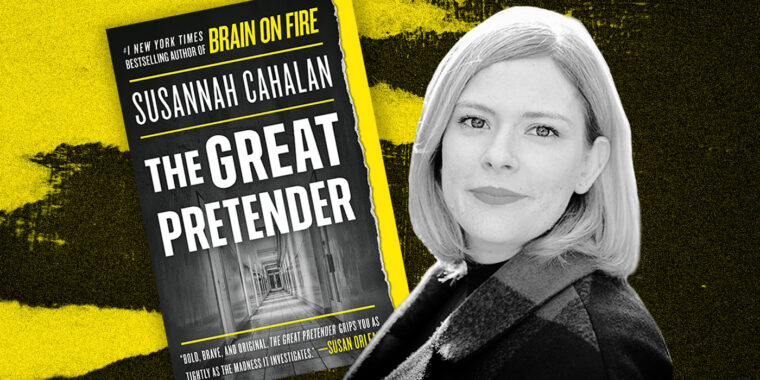
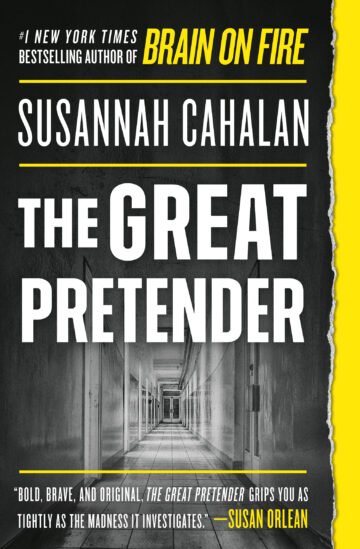
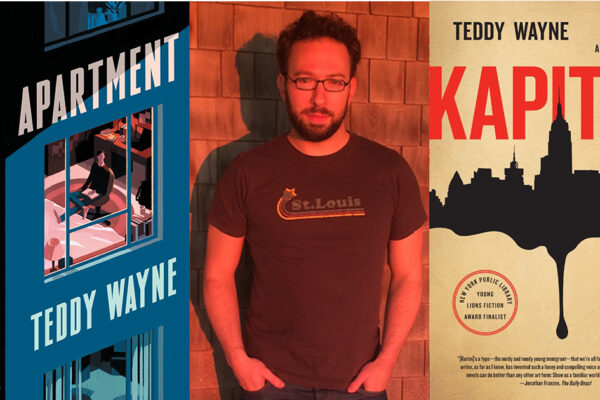
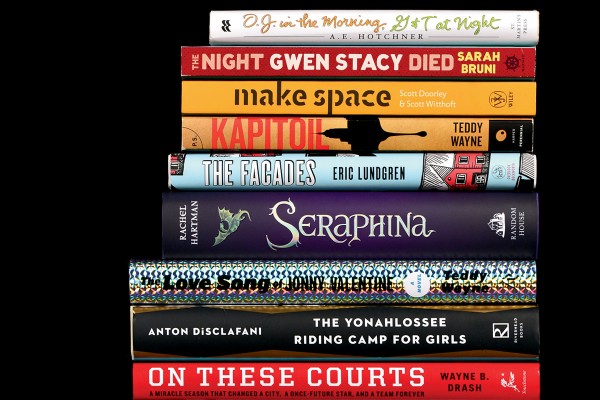
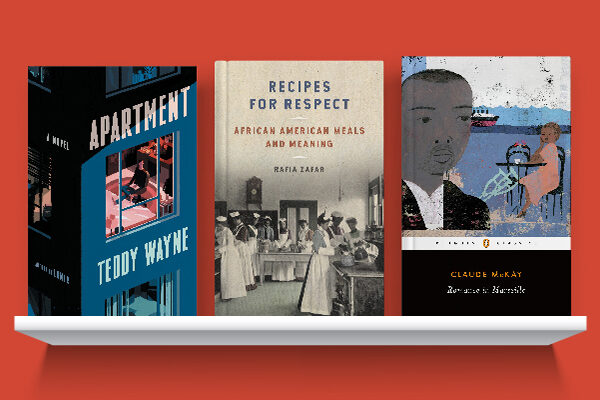
Comments and respectful dialogue are encouraged, but content will be moderated. Please, no personal attacks, obscenity or profanity, selling of commercial products, or endorsements of political candidates or positions. We reserve the right to remove any inappropriate comments. We also cannot address individual medical concerns or provide medical advice in this forum.